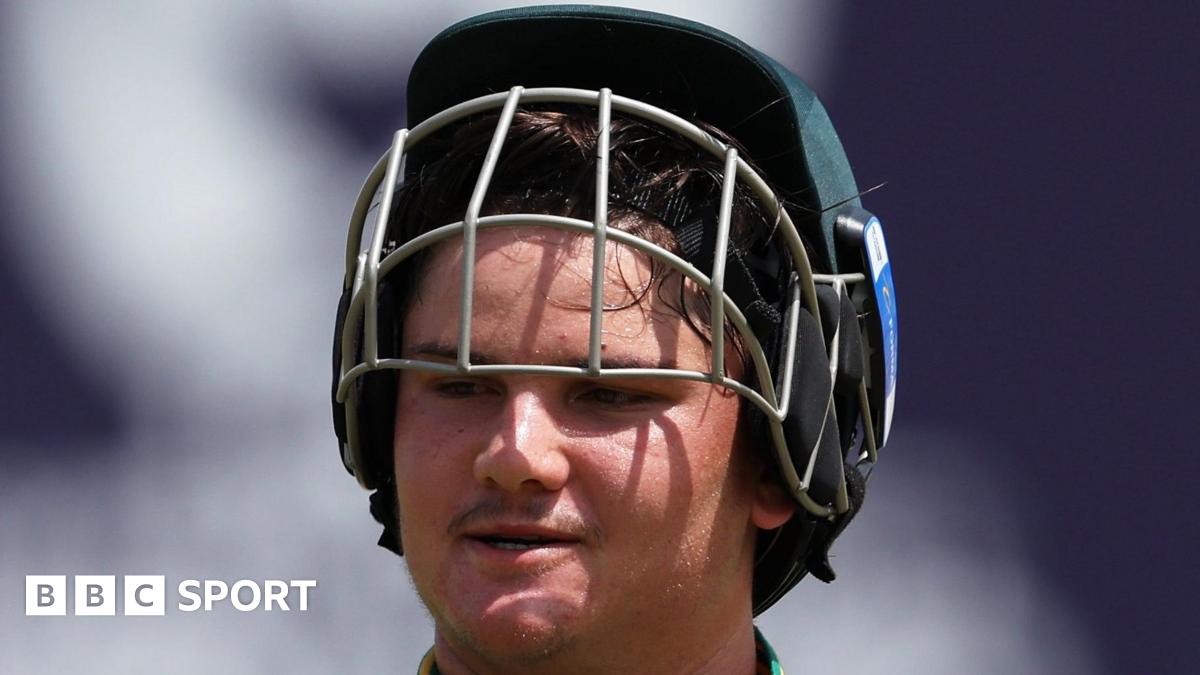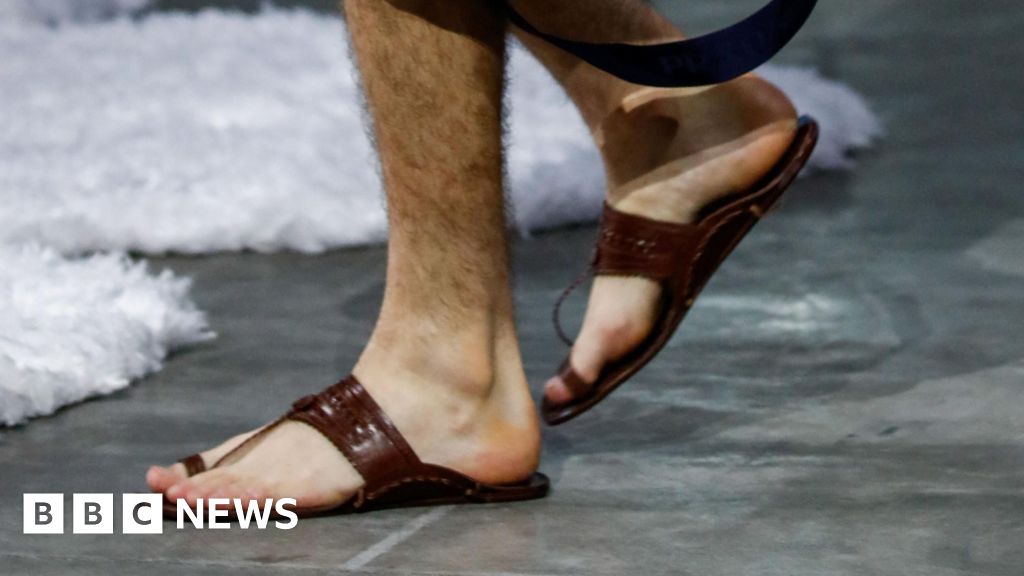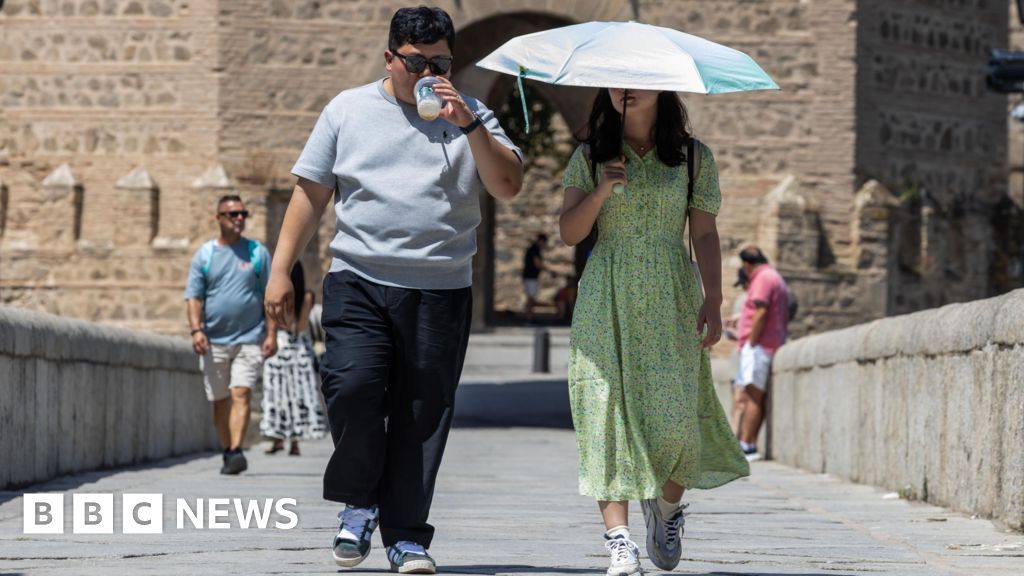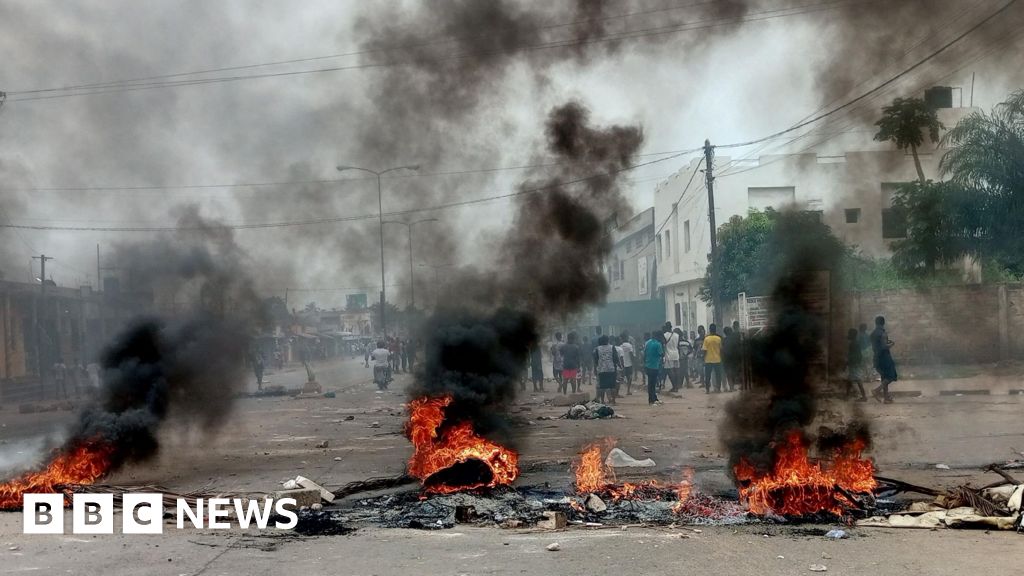Civic rights groups say at least seven people have been killed during a crackdown on protesters who are calling for Togo’s leader, Faure Gnassingbé, to step down and release political prisoners.
Seven bodies were recovered from rivers in the capital city Lomé, according to a coalition called Le Front Citoyen Togo Debout which accuses security forces and militias of committing abuses.
The Togolese government has denied these deaths were linked to last week’s demonstrations.
It is now threatening legal action against the protest organisers, calling the protests a “campaign of disinformation and hatred” that was orchestrated from abroad.
There is growing anger in Togo due to a crackdown on critical voices, and changes to the constitution labelled by labelled by critics and opposition figures as an “institutional coup d’état”.
These protests comes weeks after Gnassingbé – who was president for two decades and whose family has ruled the country for 58 years – was sworn into a new post of President of the Council of Ministers, which has no official term limits.
Demonstrations have been banned in the West African country since 2022, with the authorities citing “security reasons”.
Three days of demonstrations by online activists and youth-led movements began in Lomé on Thursday, before taking a violent turn on Friday and Saturday.
Tear gas was fired by anti-riot police at protesters, who pelted them with stones and other missiles.
Some determined anti-government protesters engaged security forces in street battles in several areas considered to be opposition strongholds, including Bè, where police chased demonstrators into their hideouts.
A coalition of 23 Togolese civil rights groups – known as the National Platform for Civic Space and Development Effectiveness – has since asked the authorities to carry out investigations into the bloody police repression.
They condemned what they described as “the use of disproportionate force against peaceful demonstrators”, adding that “peaceful protest is a fundamental right, recognized both by the Togolese Constitution and by international instruments ratified by our country”.
By Sunday calm had returned to most of Lomé, with shops reopened at the main central market at Assigamé and businesses operating as usual.
The recent change of regime orchestrated by the Togolese leader continues to fuel resentment. In addition to the new post which he can keep for life, constitutional reform in Togo has ended presidential elections, and introduced a parliamentary system.
Last month’s arrest and psychiatric detention of the Togolese rapper Narcisse Essowè Tchalla, also known as Aamron, acted as a catalyst for public outrage, culminating in over 50 arrests during protests earlier this month.
Though most have been released, at least three people remain in custody.
Additional reporting by Will Ross
Source link














